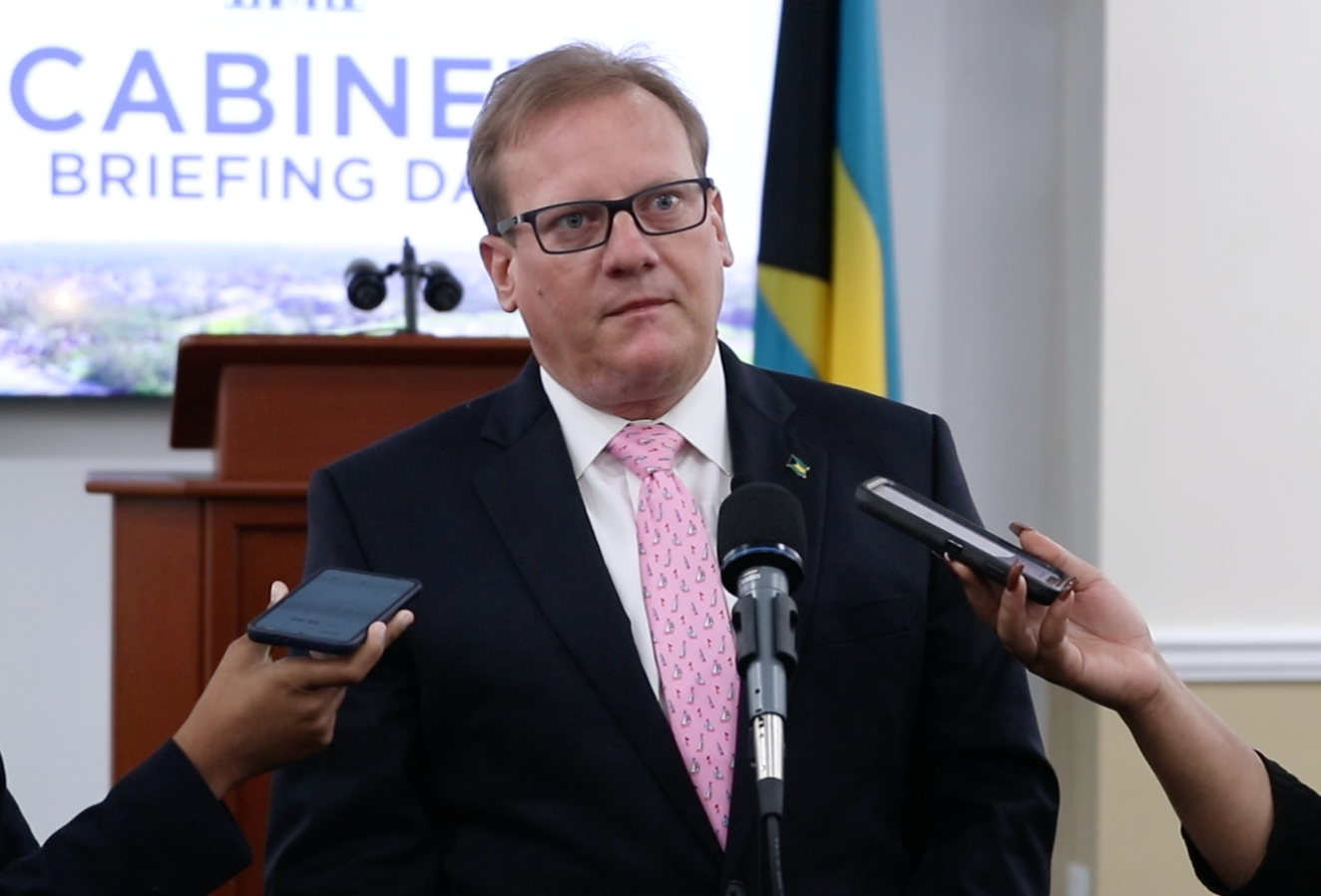NASSAU, BAHAMAS — While expressing support for the criminalization of marital rape, former Prime Minister Hubert Ingraham said he believes the Davis administration will be successful in addressing a wide range of gender inequalities, including dealing with citizenship issues.
Ingraham said his administration sought to deal with gender equality through a referendum, which would have allowed for constitutional changes if successful.
He said he chose the “hard way” as opposed to passing ordinary legislation to avoid future governments coming into office and repealing or reversing the law.

Pointing out that two gender equality referendums have failed under two administrations, Ingraham said the Davis administration’s approach is the right way to achieve gender equality in The Bahamas and believes a lot will be achieved.
“They (bills) were all passed in the House of Assembly, by the PLP and the FNM,” said Ingraham of the 2002 vote.
“Ten votes taken for the 10 bills; passed in the House, but the public said ‘no’.
“And then the PLP did the referendum etc.
“So, it is not that these things just happened yesterday.”
Asked if he believes this time will be different, particularly on criminalizing marital rape: Ingraham said: “I have no doubt about that. I think Prime Minister Davis will deliver on that. I think he will deliver on a couple of other things in connection with gender equality.
“You know, we tried the hard way. I wanted to make an amendment to the laws that couldn’t be changed by another Parliament.
“They’d have to go to another referendum. That’s what I wanted to do. I didn’t just want to change the law and someone come along and change it back, that’s why I went the hard way.
“Well, The Bahamas having gone the hard way twice, I think Prime Minister Davis will take sensibly, the easier way, and just do it by legislation and I think he will be successful in doing that.”
Ingraham said ordinary legislation can bring about full gender equality in the nation.
Gender equality and marital rape continue to be key issues of national discourse.
The Ministry of Social Services recently completed a Gender Based Violence Discriminatory Law Review Forum over a three-day period last month.
On the issue of marital rape, participants, which include attorneys, advocacy groups and others, agreed that whether the language used is marital rape or aggravated sexual assault by a spouse, rape is still rape, and both men and women can be a victim of it.
It was agreed that false accusations should be penalized; supportive services for victims is critical; and the penalty should depend on the level of severity.

In addition to marital rape, the forum also dealt with sex work, abortions, and domestic violence to include same-sex partnerships.
There are approximately 25 amendments and pieces of legislation that government hopes to address via ordinary legislation.
This week, Attorney General Ryan Pinder the recommendations on those issues factor into commitments The Bahamas made as far back as 2018 to the United Nation and other multi-lateral institutions.
The Bahamas is expected to appear before the United Nations Security Council in February 2023.
“What we have done, is we have compiled a list and analysis of a suite of legislation that is going to be required to meet our obligations on human rights matters,” Pinder said.
“It is rather all-encompassing, really broad-based and we anticipate giving some tutorials to Cabinet ministers, some information sessions, starting as early as this week on it.”
He said it is safe to say the government is looking at its human rights obligations, including marital rape, with a “mind to becoming compliant”.
He said the public will be advised and consulted on matters ranging from immigration matters that were attempted to be dealt with in the failed constitutional referendums, and gender-based violence matters such as marital rape, among others.






